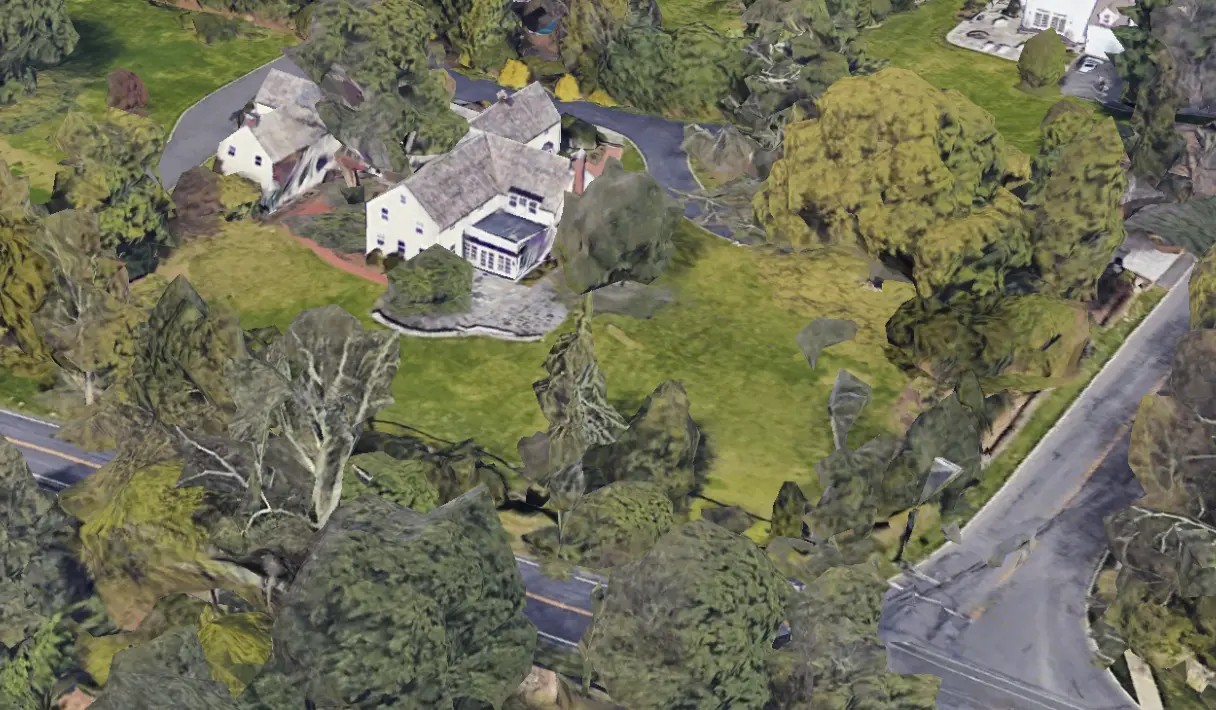
By Peter Barhydt
A year’s-long legal and civic battle over a proposed affordable housing development at 751 Weed Street took another turn last week when a Superior Court judge sided, at least in part, with developer Arnold Karp. The court decision marks a pivotal moment in a story that has stirred deep emotions and fierce debates across New Canaan.
The ruling, issued July 1, overturned key elements of the Planning and Zoning Commission’s decision to deny Karp’s proposal for a 102-unit affordable housing complex. The judge found that the commission did not provide enough evidence to justify its denial on the grounds of fire safety, pedestrian safety, or stormwater concerns — three major issues that had anchored the town’s opposition.
The 3.1-acre Weed Street property has long been a quiet corner of New Canaan, once home to a single-family residence and pool house before being cleared for Karp’s housing plan. The proposal, filed under Connecticut’s 8-30g statute, aimed to increase the town’s affordable housing stock — currently at just under 3% — by adding 102 units, including 51 affordable apartments.
For many residents, however, the plan has been a source of anxiety and frustration. The intersection of Weed and Elm Streets is known for tricky traffic patterns and limited visibility. Many feared that a large-scale residential project would worsen congestion and create hazards for pedestrians, particularly schoolchildren and downtown visitors.
Arnold Karp, known for his bold approach to building projects, he has often challenged traditional notions of what fits New Canaan’s aesthetic and small-town charm. In public meetings and letters to the editor, residents described his Weed Street plan as “overly dense” and “out of character” with the neighborhood.
The commission echoed these sentiments in its repeated denials, citing serious concerns about emergency vehicle access, stormwater runoff potentially impacting nearby wetlands and properties, and pedestrian safety given the busy nearby roads. Even after Karp revised his plans — adjusting the building footprint, modifying stormwater systems, and addressing emergency access points — the commission maintained its stance.
In his 99-page decision, Superior Court Judge Edward V. O’Hanlan criticized the commission for not sufficiently backing its claims with concrete evidence. The court noted that Karp’s team had made “substantial efforts” to comply with fire codes and safety requirements and had presented thorough engineering studies on storm-water management.
Arnold Karp, when asked by the New Canaan Sentinel said: “Well, while it took a while, the judge followed the law, they didn’t follow emotion. We think the 99-page ruling speaks for itself, including all of his footnotes. We hear people saying loudly, that it’s the wrong place (Weed Street), any place but here. Our usual typical answer is, ‘okay, if not here, then where’? Well, they can’t tell us, it’s just not here. With this ruling the Judge has decided here, Weed Street works, it works here. We look forward to working with Planning & Zoning moving forward.”
However, the ruling was not an outright win for Karp. The judge ordered parts of the proposal to be revised further, including changes to a proposed sidewalk connecting the property to Kimberly Place and refinements to the stormwater management plan. The application will now return to the Planning and Zoning Commission for final consideration, leaving the door open for continued local input and scrutiny.
While the ruling could ultimately allow Karp to move forward, it also reignites a larger conversation here in town: How much development is too much? Where should New Canaan draw the line between preserving neighborhood character and meeting state mandates for affordable housing?
For many, this case has become a symbol of that struggle. Connecticut’s 8-30g law, designed to push towns with low affordable housing rates to build more inclusive communities, has long been controversial in New Canaan. Supporters argue that the town has a moral obligation to provide more diverse housing options. Critics worry that large developments could erode the unique charm and strain town infrastructure.
As Karp’s Weed Street project heads back to the commission, residents can expect more public hearings, more letters, and more heated discussions.
